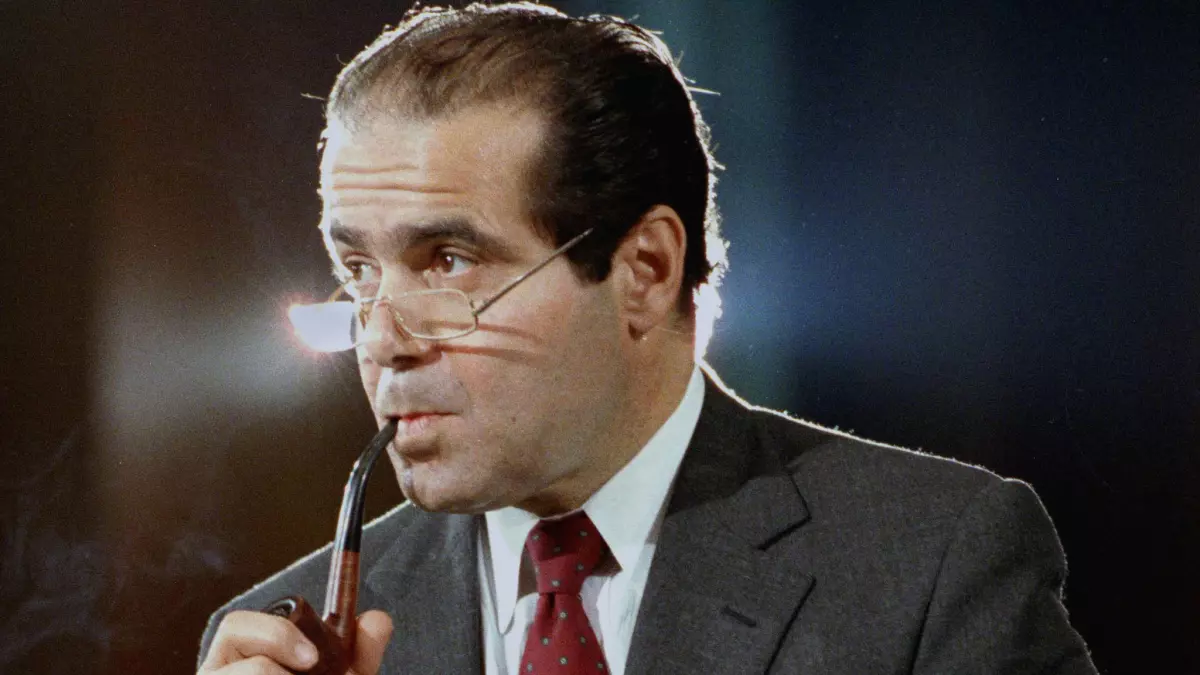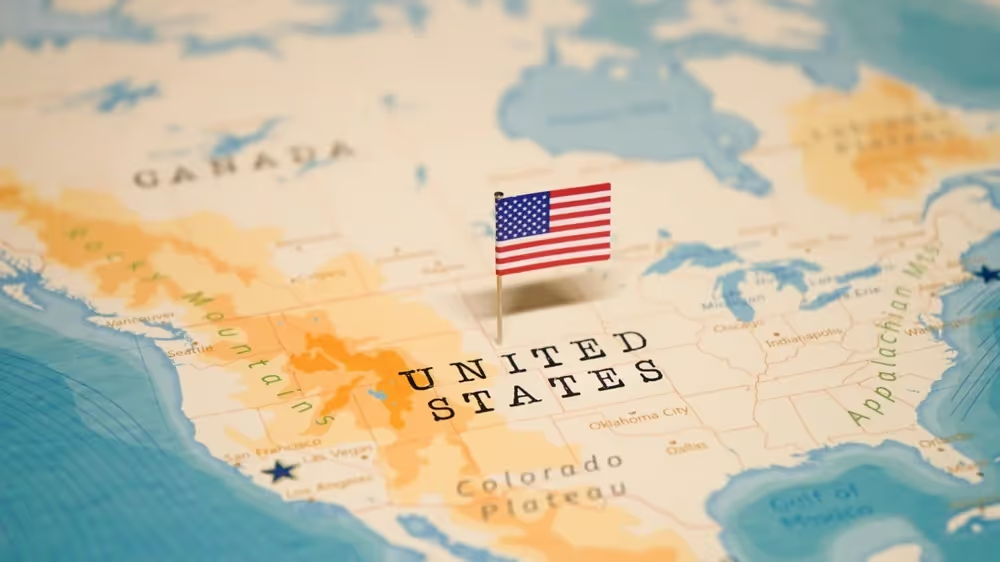
The Virtue of Nationalism Revisited
Hazony’s admirable defense of the virtues of the nation-state is undergirded by an argument that is sometimes less than convincing.
The modern nation remains the indispensable political form for expressing the human capacity for self-government. It alone sustains the bonds of memory and indebtedness that connect the living to the dead and the yet to be born (to appropriate Edmund Burke’s evocative image of the social contract, rightly understood). Yet, today, the nation is rarely addressed on its own terms.
"Nationalism” In Place of the Nation
Instead, it is subsumed under a category, “nationalism,” that is often said to be a pathology, and one of the most dangerous at that. Ritualistic denunciations of nationalism are de rigueur in progressivist intellectual and political circles and have become more inflamed over time. The dominant scholarly literature on the subject takes aim at “nationalism” rather than carefully analyzing the virtues and vices of the nation as a political form. To do so, as the French political philosopher Pierre Manent has argued, one would need to compare them with the typical features, the strengths and weaknesses, of the classical city, the pre-political tribe, empire in its benign and malignant forms, and the late modern fantasy (and it is indeed a fantasy) of a world without conflict under the aegis of a world state (or its functional equivalent). Even Kant, who wrote of the ideal of “perpetual peace,” argued that a world state could only culminate in a “soulless despotism” far worse than the world of independent nation-states so many are eager to leave behind.
A Defense of Nationalism, Rightly Understood
Yoram Hazony’s The Virtue of Nationalism was first published by Basic Books in September 2018. It has just been rereleased in paperback by the same press, with a new “Preface to the Second Edition” and a thoughtful and substantive “Reply to Critics.” The American-born Israeli political scientist and founder and theorist of the “National Conservatism” movement stepped into the breach at a time when the defense of the self-governing nation was hardly welcome in elite circles. Any serious effort to stem the tide of bureaucratic centralization and administrative heavy-handedness in the European Union or elsewhere, or to resist the erosion of the ties, bonds, and affections that inform humane national loyalty, was dismissed by the bien-pensants as retrograde and illiberal, even fascistic. Therefore, Brexit, and indeed any democratic movement, party, or regime that appealed to consent of the governed and the integrity of national traditions (one could readily give French, German, Italian, Hungarian, Polish, and Romanian examples), were dismissed as dangerously “populist.” And in response to popular discontent with administrative despotism posing as the infallible instrument of the people’s will, the demand for genuine democratic accountability was redefined as hostility to “democratic values.” Illiberal and coercive measures quickly followed in Europe and in the United States (at least under the last administration and in “progressive” jurisdictions) as liberal democracy devolved into woke despotism.
This was not totally unforeseen.
As the Hungarian Catholic philosopher Aurel Kolnai called it as far back as 1949, “progressive democracy” aims to sever the long-standing mutually beneficial relationship between democracy and the nation. In the process, it divorces the honorable word “democracy” from any identification with the exercise of self-government and the defense of the broader continuity of civilization. But it is the very appreciation of civilization itself, and the gratitude that flows from such an appreciation, that gives moral content and direction to the exercise of human liberty. The rhetorical and substantive subversion of democracy entailed in the contemporary assault on our civilized inheritance cannot be overstated. Hazony is particularly sensitive to this mutilation of the meaning of words, this willful distortion of democracy to render it a perversion of itself.
The Virtues of The Virtue of Nationalism
His book, written with verve and clarity, succeeds on several levels. It compellingly argues that in theory and practice the real alternative to a world of self-governing nations is an imperialism that runs roughshod over the concerns and interests of ordinary people left unmoored from everything that hitherto had given individual and collective life meaning and purpose. He argues persuasively, as we have already suggested, that a misnamed liberalism has taken on imperial and despotic traits, and in promoting woke despotism at home and woke imperium abroad has run roughshod over self-governing peoples and an older, richer wisdom that we leave behind at our peril.
As Hazony points out, despite the political “constructivism” to which it is prone, and its untenable founding myth of a pre-political “state of nature,” liberal polities flourished for so long precisely because they coexisted with the national form and the full array of humanizing traditions and attachments that came under its protective umbrella. Our most important obligations, familial ones included, are never merely or primarily the product of individual choice or consent. Severed from a larger moral and political framework with an abundant place for gratitude and loyalty, the bare assertion of rights eats away at every authoritative institution and human attachment, and finally political community as such.
Hazony also convincingly argues against the ambition of a certain kind of academic liberalism to create a morally “neutral” state based on “neutral principles.” Such a political arrangement is in the end neither thinkable nor livable. It abstracts from the crucial role that the nation plays in sustaining the rich moral content of free societies, and in helping to inform individual choice and consent with spiritual depth and an operative sense of moral and political responsibility. Religion, for example, found a home in the rich array of national life, and in democratic civil society, more than in the constitutional settlements of liberal states. A merely formal “constitutional patriotism,” as the German philosopher Jürgen Habermas famously called it, is far too thin and anemic to account for the passionate love for country that animates true patriots in free nations.
Reservations
While there is much to admire in Hazony’s defense of “The Virtues of the National State” (to cite one chapter title), the theoretical edifice that undergirds his argument is sometimes less than convincing. Elsewhere, I have questioned Hazony’s overreliance on the Hebrew Bible to give an account of the full range of political forms. It strains credulity to see in the modern nation a consolidation of various “tribes” and “clans” comparable to what gave birth to ancient Israel as a nation. Americans will certainly have trouble recognizing federalism and “the multiplicity of interests and sects” spoken about in the Federalist Papers, or the “art of association” lauded by Tocqueville in Democracy in America, in such categories. Hazony’s approach here is literally eccentric and makes this aspect of his argument rather strained. He too facilely ignores the rich treasury of regime-analysis and the discussion of political forms found in classical political philosophy, as well as by newer political philosophers such as Roger Scruton and Pierre Manent (on this point see below).
However, his analysis of the pitfalls associated with an imperium: overreach, instability, lack of civic cohesion and robust affective attachments, as well as a radical diminution of civic freedom and self-government, is quite suggestive. And his argument that the totalitarian regimes of the twentieth century subverted the self-governing nation, as well as taking aim at individual and political freedom, is also altogether accurate. And in response to its critics, nationalism, he rightly suggests, has no monopoly on hatred, and should not be confused with the lupine imperialism and murderous racial hatred characteristic of National Socialism. Indeed, the totalitarian regimes of the twentieth century hated like no political orders before and after them. More currently, as we have seen in the wake of the assassination of Charlie Kirk, the hardcore Left today valorizes violence and hatred in a manner reminiscent of the Jacobins and Bolsheviks.
However, a greater use of other theorists and examples could confirm and deepen, as well as provide more nuance for his discussion. Great patriots and partisans of Western civilization, such as Winston Churchill and Charles de Gaulle, defended humane national loyalty and the spiritually uplifting ethical traditions of “Christian civilization” against nihilism in its totalitarian forms. They combined greatness of soul with quintessential moderation. But quite strikingly, neither Churchill nor de Gaulle ever called themselves “nationalists.” In fact, the most significant twentieth century defenders of humane national loyalty, whether statesmen, theorists, or writers, saw in nationalism a corruption of the nation rooted in an excessive valorization of the “particular” and a concomitant devalorization of those precious and sacred things that human beings hold in common. The distinguished French Jesuit philosopher and theologian Gaston Fessard, S.J. argued in his 1936 book Pax Nostra, and here I paraphrase, that the nation is too important to be left to the nationalists, and peace is too important to be left to the pacifists. These are nuances that would benefit Hazony’s more full-throated defense of nationalism.
Hazony is not wrong to question the oft-repeated distinction, made famous by George Orwell in his 1941 essay "The Lion and the Unicorn," between patriotism as unquestionably good and nationalism as unquestionably bad, not least because today authentic patriotism requires a thoughtful and vigorous defense of the dignity and choice-worthiness of the self-governing nation. Still, Hazony’s identification of such a defense (with which I have a great deal of sympathy) with an affirmation of nationalism per se will trouble even some sympathetic readers. Whether we like it or not, talk of nationalism still carries with it more than a hint of opprobrium, of a good thing gone badly astray. On the other hand, “national conservatism” (the intellectual current and political movement spearheaded by Hazony, which now holds annual meetings in Brussels and Washington, DC, and is influential in many quarters of the European and American Right) seems more immune from such distasteful associations.
Two Important Theorists of the Nation
I should add that the two political philosophers in our time who have done the most to thoughtfully articulate and energetically defend the self-governing nation or “territorial democracy,” Pierre Manent and Roger Scruton, never self-identified as nationalists. Like Hazony, both refused to accept the misplaced reduction of the political alternatives to “blood and soil nationalism,” on the one hand, and a cosmopolitan rootlessness that denies the essentially political context of humanity and human belonging, on the other. Manent argues that the “spiritual communion” that formed and informs the political nation, rightly understood, has little or nothing to do with “toxic nationalisms” or the “exclusive valorization of one’s people and homicidal aversion for people from elsewhere.” In fact, it took the repudiation of the Biblical God and the emancipation of the human will from all moral constraints for a nation to be made a pagan idol and source of the cruelest aggression. For his part, in his 2004 essay, “Conserving Nations,” Scruton emphasized that “national loyalty involves a love of home and a preparedness to defend it,” while characterizing “nationalism” as a “belligerent ideology, which used national symbols in order to conscript the people to war.” Hazony agrees with almost all these arguments and sentiments, but still chooses to label his cause the cause of nationalism. The jury is still out on the wisdom of that choice.
Responding to His Critics
In his 2025 “Reply to Critics,” Hazony emphasizes how contemporary nationalists (in the best sense of the term) meet often at “regular public meetings,” “cooperate on a variety of intellectual and practical projects” and have forged meaningful “friendships across borders.” The movement, in many respects, Hazony’s movement, is indeed largely bereft of acrimony, petty disputes, and nostalgic longings for imperialism and Great Power status on the part of now weakened and humbled nations. In part, this is because nation-minded conservatives have a common enemy: those who confuse a defense of a liberal order with the subversion of “traditional institutions—the law and the courts, the media, the universities and the schools, the government and the military, the family and religion—with the aim of achieving a revolutionary transformation of the political order that is usually far removed from what is desired by the broad public.” Resistance to this essentially illiberal project has been met, however, “by persecution and oppression,” and by the discrediting of people who only a few years before were widely considered “legitimate and even uncontroversial.” They are now denounced as ‘fascist,’ ‘authoritarian,’ ‘racist,’ ‘a danger to democracy,’ and so on.” Here is broad confirmation of Hazony’s analysis of the nation's current ideological status.
On a more theoretical plane, Hazony now insists that his rooting of conservative wisdom and prudence in “historical empiricism” is in no way incompatible with an affirmation of a “minimalist” natural law, a “moral minimum” rooted in human nature and given divine sanction in the Seven Laws of Noah (or Noahide Laws) and in the more famous Ten Commandments or Decalogue. However, he continues to identify more robust conceptions of traditional natural law (which have always left ample room for the free play of prudence or practical reason) with a schematic “rationalism” largely of his own invention. Still, Hazony’s move beyond Hume-inspired “historical empiricism” is a step forward. One can hope that his conversation partners will lead him yet further, as they have in connection with another topic.
In his “Reply,” Hazony steps back from his earlier claim that Roman Catholicism, like Islam, is a religion that aims at empire or universal political jurisdiction. He has clearly been tutored by Catholic friends who have pointed out to him St. John Paul II’s robust defense of the nation, as contained in his book Memory and Identity (written in 1995, published in English in 2005). In it, the late great pope “sees the love of the nation as a biblical commandment” since, as John Paul II puts it, “the spiritual patrimony which we acquire from our native land comes to us through our mother and father.” In addition, the Polish pope wrote that “the family and the nation are both natural societies, not the product of mere convention.” (Alas, these powerful arguments and endorsements are more or less ignored by the contemporary official Church.) Be that as it may, Hazony’s far less insistent identification of Catholicism with universal empire is also a considerable step forward.
Foreign Policy and the Nation
I find Hazony’s views on foreign policy to be, for the most part, sober and measured. He is the furthest thing from an isolationist and fully recognizes the need for free nations to have allies. He sees China as the principal threat to peace and stability in the contemporary world. He finds perpetual NATO expansion to be ill-advised and one cause of “a war that has destroyed Ukraine and delivered a powerful blow to liberal internationalism itself.” He argues that the U.S. needs to abandon its self-appointed ambition to police the world. It must have more limited ambitions while relying more on regional allies. And it must abandon the identification of liberal internationalism with an animus against national sovereignty and traditional moral and cultural arrangements. Hazony is right to argue that liberalism has lost its way when its advocates confuse a genuinely liberal order with woke imperium and the promotion of moral transgression.
While something of a friendly critic on certain points, I could not agree more with Hazony’s argument that authentic liberals must now choose between appeasing “vicious and violent strain(s) of neo-Marxism” or making a “pro-democracy alliance with conservatives.” He wisely adds, “There aren’t any other choices.” Liberalism, “untethered” from “inherited traditions of common sense,” tends to collapse into something far nastier and uglier. To this, I would only add that national conservatives need to have the wisdom to support and encourage that proposed alliance.
Daniel J. Mahoney is a Senior Fellow at the Claremont Institute, a Senior Visiting Fellow at Hillsdale College, and Professor Emeritus at Assumption University. His most recent book is The Persistence of the Ideological Lie: The Totalitarian Impulse Then and Now (Encounter Books, 2025).
Politics

National Civitas Institute Poll: Americans are Anxious and Frustrated, Creating a Challenging Environment for Leaders
The poll reveals a deeply pessimistic American electorate, with a majority convinced the nation is on the wrong track.
.webp)
Liberal Democracy Reexamined: Leo Strauss on Alexis de Tocqueville
This article explores Leo Strauss’s thoughts on Alexis de Tocqueville in his 1954 “Natural Right” course transcript.
%20(1).avif)
Long Distance Migration as a Two-Step Sorting Process: The Resettlement of Californians in Texas
Here we press the question of whether the well-documented stream of migrants relocating from California to Texas has been sufficient to alter the political complexion of the destination state.
%20(3).avif)
Who's That Knocking? A Study of the Strategic Choices Facing Large-Scale Grassroots Canvassing Efforts
Although there is a consensus that personalized forms of campaign outreach are more likely to be effective at either mobilizing or even persuading voters, there remains uncertainty about how campaigns should implement get-out-the-vote (GOTV) programs, especially at a truly expansive scale.

There's a Perception Gap With the U.S. Economy
As we approach another election cycle, it’s worth asking: what’s real, what’s political theater, and what does it all mean if Democrats regain control of the House?

International Law Is Holding Democracies Back
The United States should use this moment to argue for a different approach to the rules of war.
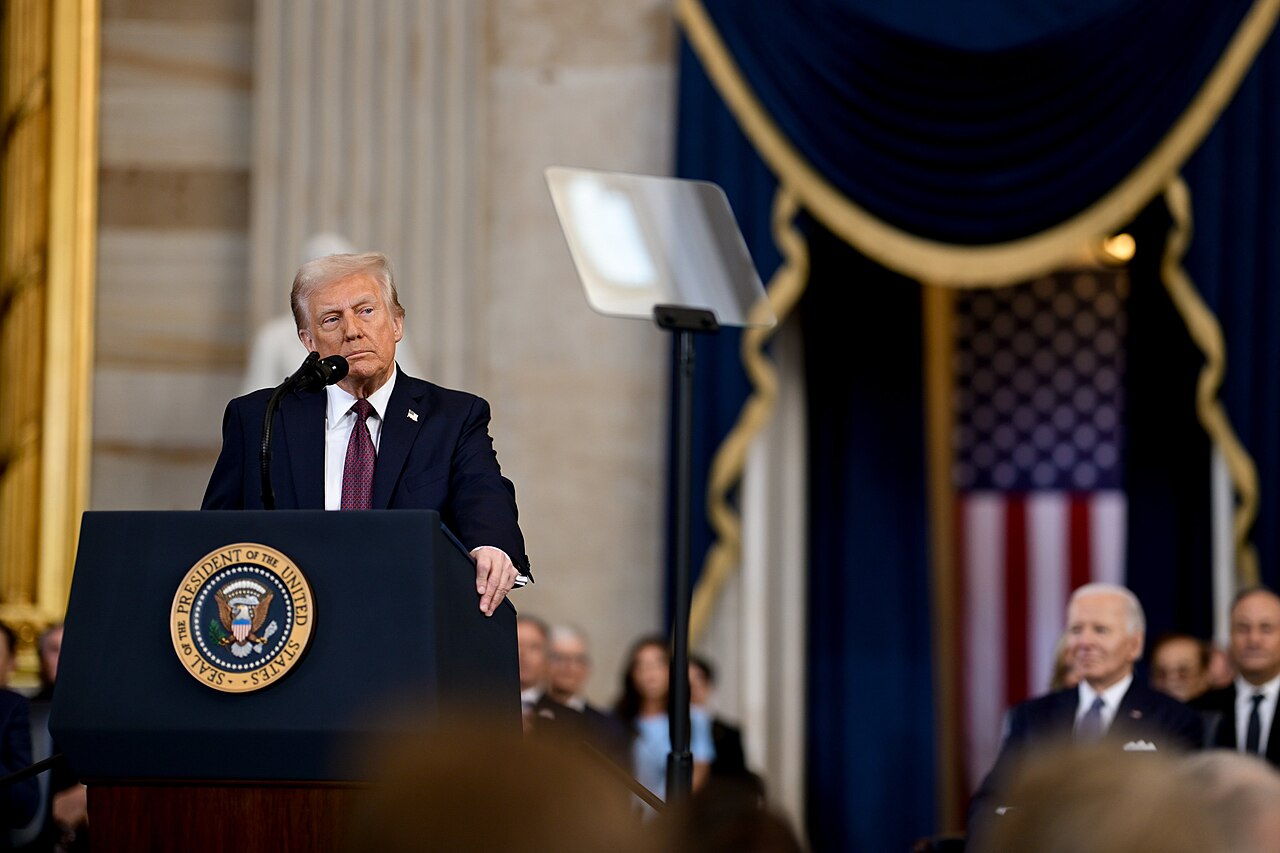
Trump purged America’s Leftist toxins. Now hubris will be his downfall
From ending DEI madness and net zero to securing the border, he’ll leave the US stronger. But his excesses are inciting a Left-wing backlash
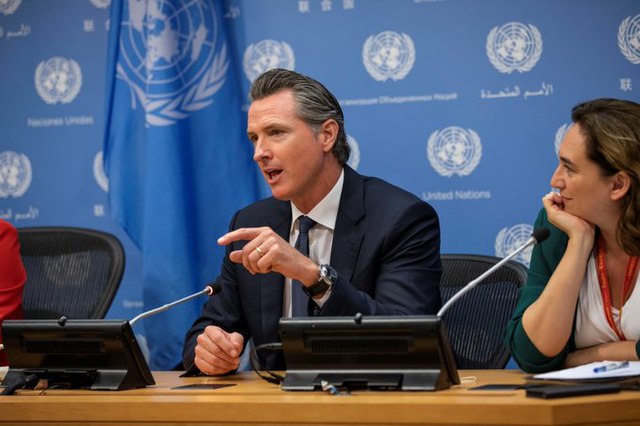
California’s wealth tax tests the limits of progressive politics
Until the country finds a way to convince the average American that extreme wealth does not come at their expense, both the oligarchs and the heavily Democratic professional classes risk experiencing serious tax raids unseen for decades.
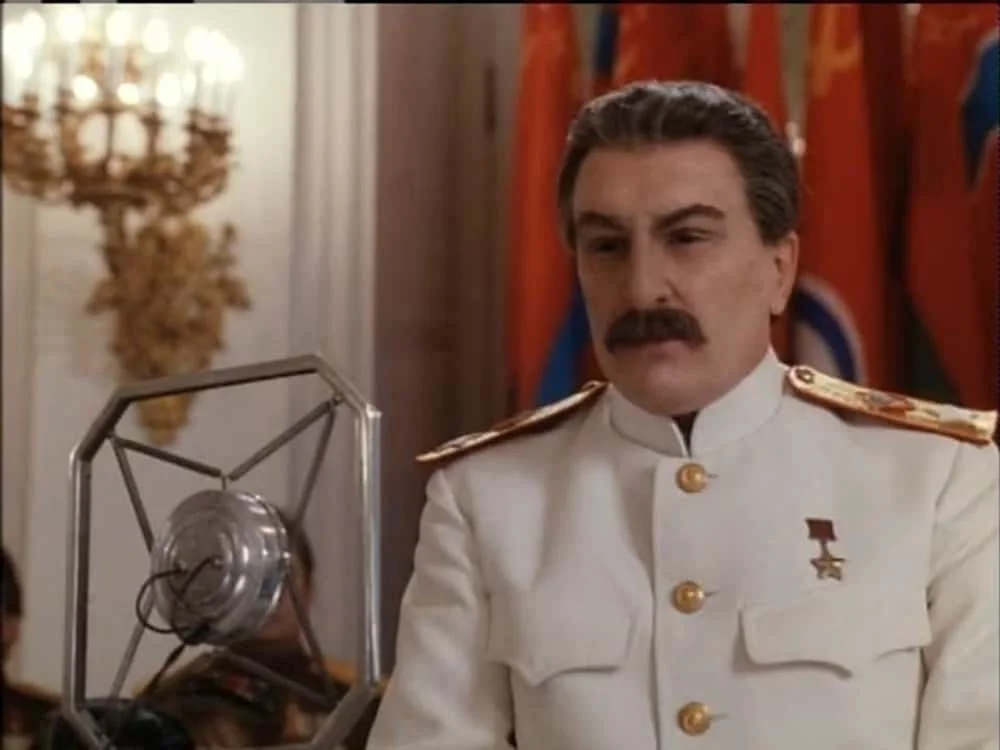
When Duvall Played Stalin
It’s strange to compliment an actor for impersonating a tyrant, but it is an act of courage.
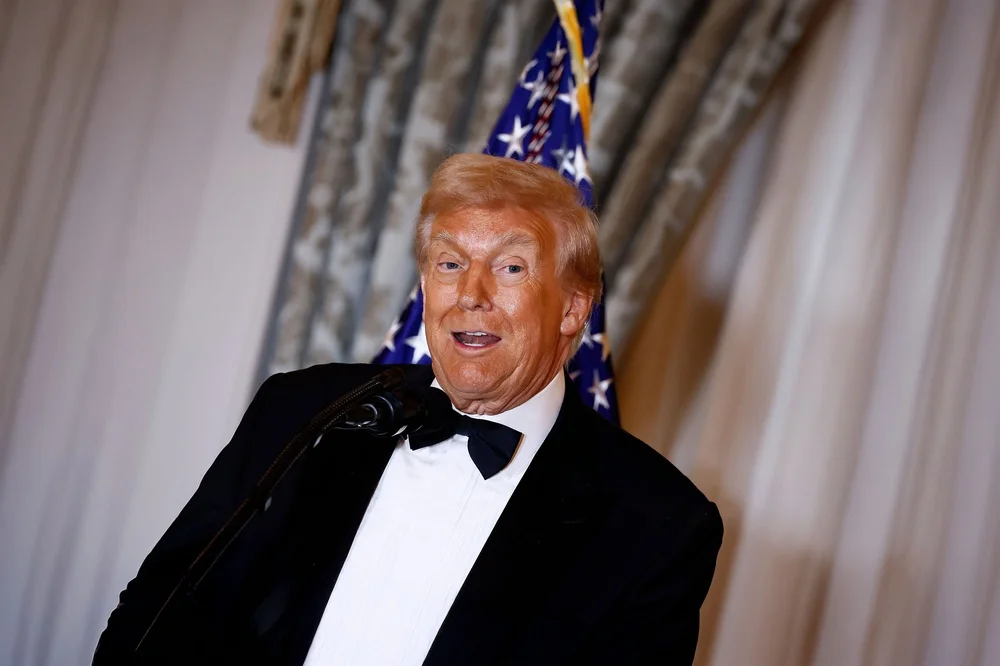
When Vanity Leads to Impropriety
A president should simply not be allowed to name anything after himself without checks from Congress or an independent commission.









